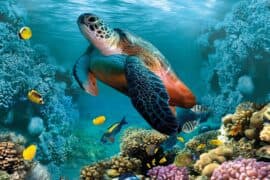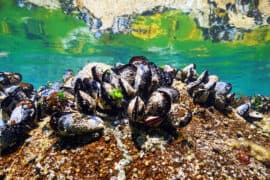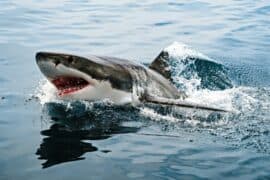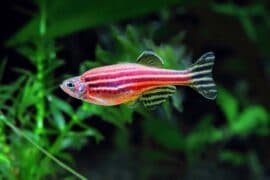Noble pen shell
(Pinna nobilis)
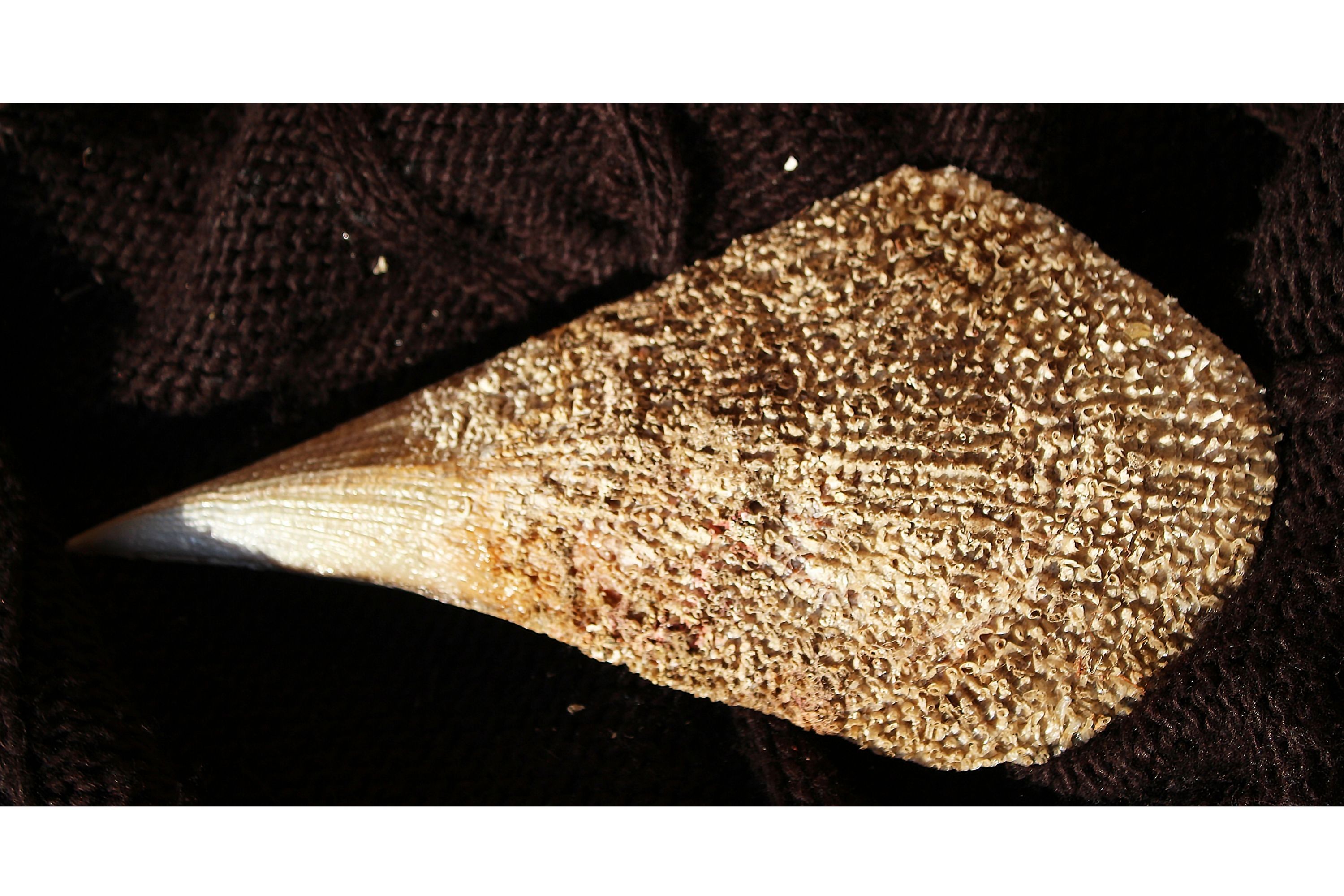
Description
Pinna nobilis, common name the noble pen shell or fan mussel, is a large species of Mediterranean clam, a marine bivalve mollusc in the family Pinnidae, the pen shells. It reaches up to 120 cm (4 ft) of shell length. It produces a rare manganese-containing porphyrin protein known as pinnaglobin. The bivalve shell is usually 30-50 cm (1.0-1.6 ft) long, but can reach 120 cm (4 ft). Its shape differs depending on the region it inhabits. Like all pen shells, it is relatively fragile to pollution and shell damage. It attaches itself to rocks using a strong byssus composed of many silk-like threads which used to be made into cloth. The animal secretes these fibres from its byssus gland; they consist of keratin and other proteins and may be as long as 6 cm (2.4 in). The inside of the shell is lined with brilliant mother-of-pearl. As with other members of its genus, Pinna nobilis hosts symbiotic shrimp which live inside its shell. It is believed that when it sees a threat, the shrimp warns the host, perhaps by retracting its claws or even by pinching. The clam then closes shut. It has been demonstrated that the shrimp has a similar filter-feeding diet to its host and the relationship is likely mutualistic. This species is endemic to the Mediterranean Sea, where it lives offshore at depths ranging between 0.5 and 60 m (1.6 and 196.9 ft). It could be found buried beneath soft-sediment areas (fine sand, mud, often anoxic). This species is the origin of sea silk, which was made from the byssus of the animal. In 2016, there was an outbreak of a disease that caused the mortality of 99% of its population in Spain. The cause of the disease is a newly discovered pathogen, Haplosporidium pinnae and it is posing a serious threat to the survival of the species. By 2019, mortality spots have been detected in Greece, Croatia, Turkey, Tunisia, France and Morocco. In the Trieste area, considerable efforts have also been made to conserve the deposits since 2020. In the past, Pinna nobilis has been threatened with extinction, due in part to fishing, incidental killing by trawling and anchoring, and the decline in seagrass fields; pollution kills eggs, larvae, and adult mussels. Such threats, however, have been very localised and have not led to such a widespread and rapid population decline. The pathogen, which is still present in the environment, will make recovery a challenge, so continuing declines are expected.
Taxonomic tree:


